
As physicians, we strive to do no harm, and there is a narrow therapeutic window when treating elderly patients with cancer.

Your AI-Trained Oncology Knowledge Connection!


As physicians, we strive to do no harm, and there is a narrow therapeutic window when treating elderly patients with cancer.

Neoadjuvant TDM-1 was shown to be effective in treating HER2-positive, HR-positive breast cancer compared with trastuzumab, with or without endocrine therapy.

In a heavily pretreated multiple myeloma (MM) population, daratumumab monotherapy at 16 mg/kg showed meaningful, durable, single-agent activity, with deep responses and a favorable safety profile, according to a new phase II study.
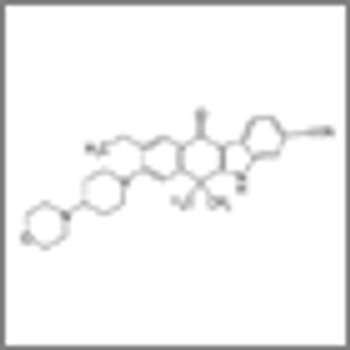
Alectinib yielded good response rates and was very well tolerated in a phase II trial of patients with advanced, ALK-positive non–small-cell lung cancer.

The addition of pertuzumab to trastuzumab and docetaxel offers significant improvement over other options in patients with HER2-positive breast cancer.

Beliefs regarding medication for chronic myeloid leukemia (CML) are strongly associated with suboptimal treatment adherence, according to a new study.

Two subgroup analyses of the SELECT trial could help clarify which differentiated thyroid carcinoma patients will benefit most from lenvatinib.

A large randomized trial showed that three different bisphosphonates have similar efficacy in early-stage breast cancer.

Because treatment options for patients with small cell lung cancer (SCLC) that progress on platinum-based chemotherapy are limited, researchers are looking for new treatments.

First-line lenvatinib may improve progression-free survival in patients with 131I-refractory differentiated thyroid cancer with no prior history of VEGF therapy.
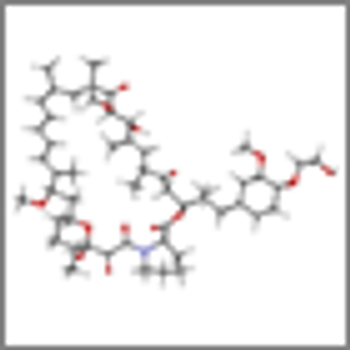
Adding everolimus to sorafenib at the time of progression of advanced radio-iodine refractory differentiated thyroid carcinoma was tolerable and active.
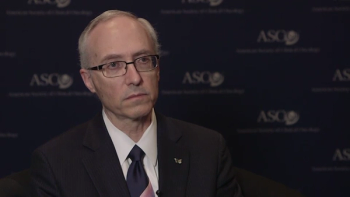
In this video, Steven I. Sherman, MD, discusses the final overall survival analysis of the EXAM study, a randomized, placebo-controlled phase III trial of cabozantinib in medullary thyroid carcinoma patients.
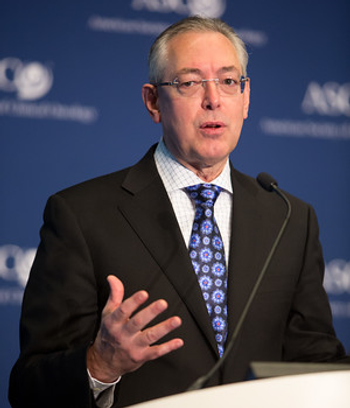
Whole brain radiation therapy helps control tumor growth in patients with 1 to 3 small brain metastases, but it does not significantly extend patient survival.

A phase I study showed that transcriptional inhibitor PM01183 with doxorubicin induced responses in patients with small-cell lung cancer.

Denosumab used as an adjuvant therapy in postmenopausal breast cancer patients on aromatase inhibitor therapy cut the risk of fractures in half.

A combination of lenvatinib plus everolimus improved survival and overall response compared with everolimus alone in metastatic renal cell carcinoma patients.

Ponatinib demonstrates continuing clinical activity in chronic-phase chronic myeloid leukemia patients who failed prior treatment with other TKIs.
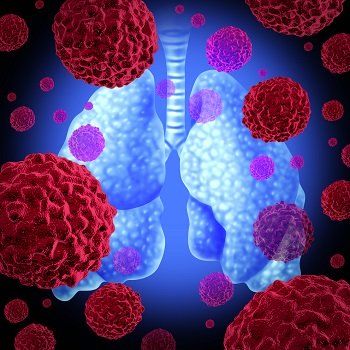
A phase III study (CheckMate 017) showed that nivolumab (Opdivo) was superior to docetaxel in patients previously treated for advanced or metastatic squamous cell non-small cell lung cancer (NSCLC).

Early trial results found that the addition of olaratumab to doxorubicin dramatically improves survival in patients with advanced soft-tissue sarcoma.

Even in the absence of cranial radiation therapy, survivors of childhood acute lymphoblastic leukemia (ALL) have decreased neurocognitive function years later.

Clinical response can be challenging to predict in some cancers, but new research has shown the ability to predict response to sunitinib (Sutent) in patients with advanced renal cell carcinoma (RCC).

In this video, Dr. Atsushi Ohtsu discusses the use of TAS-102, an oral combination of trifluridine and tipiracil hydrochloride, in refractory colorectal cancer.
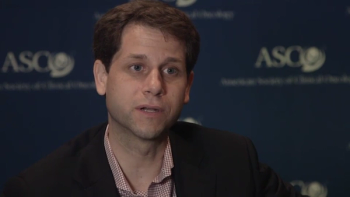
In this video, Dr. Tap discusses a randomized phase Ib/II trial that found that adding olaratumab to doxorubicin dramatically improved survival in patients with advanced soft-tissue sarcoma.
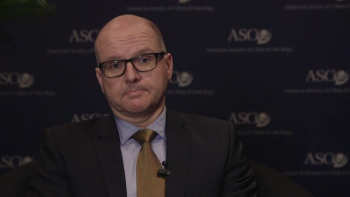
In this video, Dr. Martin discusses the phase III ONTRAC study, which found that the use of nicotinamide, a form of vitamin B3, reduced the incidence of non-melanoma skin cancers by 23% among a group of high-risk patients.

Pembrolizumab demonstrates durable antitumor activity in patients with advanced urothelial cancer, with a higher response rate seen in patients with PD-L1 expression.

Advanced bladder cancer patients with poor prognosis appear to benefit from adding apatorsen 600 mg to first-line chemotherapy with gemcitabine/cisplatin.

In this video, Dr. Dix, discusses the results of two phase III trials that showed that in children with high-risk Wilms tumor, treatment with vincristine and dactinomycin plus the addition of doxorubicin improved outcomes.

In this video, Dr. Nicholas David James discusses the results of the STAMPEDE trial, which tested front-line docetaxel combined with hormonal therapy in patients with advanced, hormone-naive prostate cancer.

Cabozantinib failed to significantly increase overall survival compared with placebo in patients with medullary thyroid carcinoma, according to the EXAM study.

The addition of bevacizumab to carboplatin/paclitaxel chemotherapy increases progression-free survival in advanced/recurrent endometrial cancer patients.